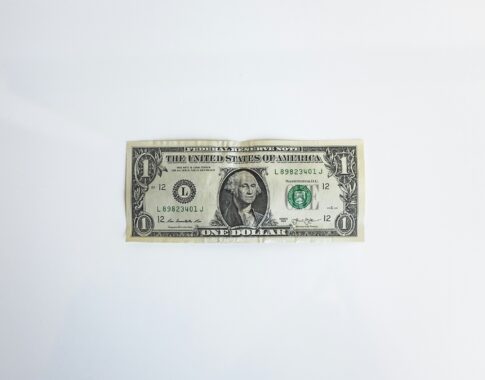Today, I will explain the following website. (AI-generated)
円相場、年内に1ドル=137円まで上昇へ-ウェストパックが予想(Bloomberg) – Yahoo!ニュース
Contents
Understanding the USD/JPY Exchange Rate Forecast
The USD/JPY exchange rate is a significant financial indicator that represents the value of the US dollar against the Japanese yen. Movements in this currency pair can be influenced by various factors, including economic policies, political events, and market sentiment. Recently, Westpac’s currency strategist has predicted a potential rise to 137 yen per dollar within the next one to three months, a forecast that holds implications for forex traders and the broader financial markets.
What Drives the USD/JPY Currency Pair?
The USD/JPY currency pair is driven by several factors, including interest rate differentials between the Federal Reserve and the Bank of Japan, economic data releases, and geopolitical events. Traders closely monitor these elements to make informed decisions when trading this pair. Understanding these drivers is crucial for anticipating market movements and formulating effective trading strategies.
Westpac’s Prediction: A Rise to 137 Yen Per Dollar
Westpac’s currency strategist, Richard Franulovich, has forecasted that the USD/JPY could climb to 137-138 yen per dollar in the near term. This prediction is based on the Federal Reserve’s dovish stance, which may lead to interest rate cuts, contrasted with the Bank of Japan’s hawkish approach, potentially leading to interest rate hikes. These monetary policy divergences are key factors that could drive the yen’s value relative to the dollar.
Factors Influencing the Anticipated Increase
The anticipated increase in the USD/JPY rate can be attributed to several factors. The Federal Reserve’s dovishness, indicated by a potential 100 basis point cut, and the Bank of Japan’s hawkishness, with possible additional rate hikes, are primary influences. Additionally, political events such as the US presidential election polls showing a lead for Vice President Harris may also affect the dollar’s strength.
Implications for Forex Traders
Forex traders must consider the potential implications of Westpac’s prediction on their trading strategies. A rising USD/JPY rate suggests that traders may need to adjust their positions to capitalize on the forecasted trend. It’s important for traders to stay informed and be prepared to act on changes in the currency pair’s dynamics.
Strategies for Trading the USD/JPY Pair Amidst Predicted Changes
Traders might consider strategies such as long positions on the USD/JPY if they believe the pair will rise. Conversely, if traders anticipate a reversal or slower-than-expected increase, they may implement hedging strategies or short positions. It’s essential to conduct thorough analysis and risk management when considering these strategies.
How Presidential Elections Influence Forex Markets
Presidential elections can significantly impact forex markets as they introduce uncertainty and can shift market expectations regarding economic policies. Traders should monitor election-related developments closely, as these events can cause volatility in currency pairs, including the USD/JPY.
Preparing for Potential Interest Rate Divergences
Interest rate decisions by central banks are among the most influential factors affecting currency values. Traders should prepare for potential divergences in interest rates between the US and Japan, as these will likely have a direct impact on the USD/JPY exchange rate. Staying abreast of central bank communications and policy meetings is crucial for timely and effective trading decisions.
Expert Insights and Market Analysis
Expert insights and market analysis are invaluable for forex traders seeking to navigate the complexities of currency trading. Understanding the nuances of hawkish versus dovish monetary policies and the role of interest rate decisions can provide traders with a competitive edge. Additionally, analyzing the impact of political events on currency strength is essential for making informed trading choices.
Understanding Hawkish vs. Dovish Monetary Policies
Hawkish monetary policy refers to a central bank’s tendency to raise interest rates to combat inflation, often leading to a stronger currency. Conversely, dovish policy is characterized by lower interest rates to stimulate economic growth, which can weaken a currency. Recognizing these stances can help traders predict currency movements.
The Role of Interest Rate Decisions in Forex Trading
Interest rate decisions are pivotal in forex trading as they affect the attractiveness of a currency to investors. Higher interest rates generally increase demand for a currency, while lower rates may decrease its appeal. Traders should pay close attention to central bank announcements and interest rate forecasts to adjust their trading strategies accordingly.
Analysing the Impact of Political Events on Currency Strength
Political events, such as elections, policy changes, and international relations, can significantly influence currency strength. Traders must analyze these events to anticipate potential market reactions and adjust their trading strategies to manage risks and capitalize on opportunities presented by political developments.














